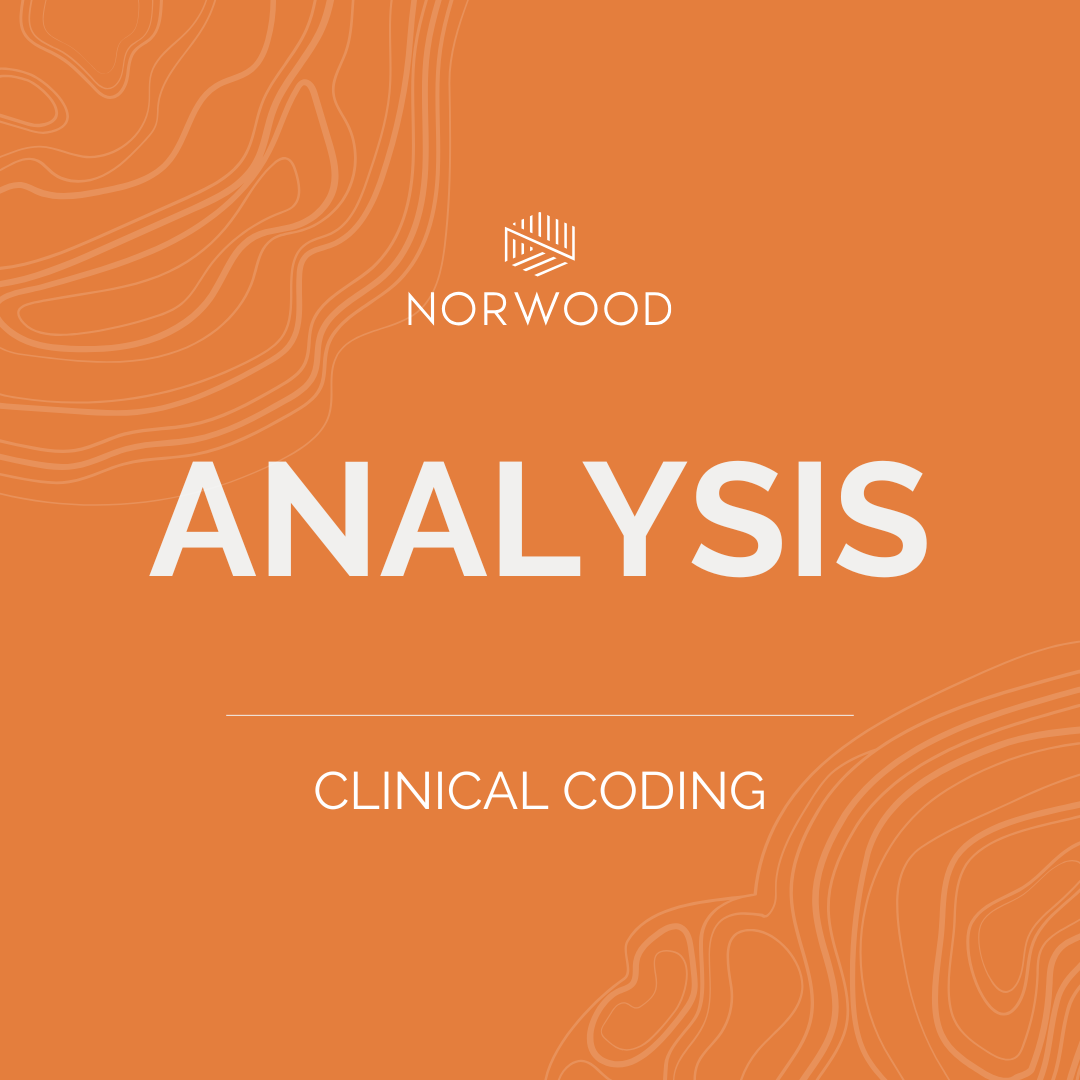New acute coronary syndromes (ACS) guidelines—what they mean for CDI and coding professionals

By Brian Murphy
The American Heart Association/American College of Cardiology in June released updated guidelines on the management of acute coronary syndromes (ACS)—the first time the guidelines have been updated in a decade.
I’ve summarized a few nuggets of possible interest for CDI/coding professionals.
I always preface these types of updates by saying I’m neither a coder nor a clinician, just an interested observer. I probably shouldn’t have let my CPC lapse but there you go.
The big picture (and cost) of AMIs
In the US, an estimated 805K AMIs occur annually of which 605K are first MI events and 200K are recurrent. From 2011 to 2021 the annual death rate attributable to coronary heart disease declined by 15.0% due to improved prevention and treatment, but the costs of MIs remain staggering–$84.9 billion annually, from direct medical expenditures to indirect costs like lost productivity and wages.
This is a solvable problem. Last week two leading cardiology groups joined forces and positioned heart failure as a preventable condition. See link below.
Posterior MI underdiagnosed
Per the guidelines posterior MI remains underdiagnosed and has been for a long time. Whenever I see underdiagnosis I think “CDI opportunity.”
Acute posterior MI does not have a specific ICD-10 code so is reported using I21.29 — ST elevation (STEMI) myocardial infarction of other sites. This code includes infarctions of the posterior wall, lateral wall, or other specified sites not elsewhere classified within the STEMI category.
If the MI is non-ST elevation (NSTEMI), a different code such as I21.4 would apply. Always confirm with accompanying clinical documentation or ECG results to verify the infarct location and type, and query the provider. if necessary.
I21.29 when reported as principal groups to MS-DRGs 280-285. It’s also an MCC per the IPPS 2026 final rule (Table 6I) so it’s also got reimbursement impact.
It also has risk adjustment ramifications. In CMS-HCC V24 I21.29 maps to HCC 86, and HCC 228 in V28.
Note: For old or healed MIs, use I25.2.
Coding is about clinical accuracy, so this this is not just a reimbursement or SOI/ROM opportunity, but an opportunity to improve documentation and capture of an underdiagnosed condition. Send the article to your cardiologists, ask them for their opinion … and win them over.
ACS not dependent on EKG; unstable angina still exists
A couple other updates I thought noteworthy:
- A normal ECG does not rule out ACS. “The authors also remind us that the absence of electrocardiographic findings of ischemia does not rule out ACS.” Good ammunition for a query in which ECG findings are inconclusive and/or audit defense in which a payer denies a code on this basis.
- Troponin-negative ACS (“unstable angina”) still exists. Per the update: “Unstable angina (ie, troponin-negative ACS) still exists, even in this day of highly sensitive troponins. Just as they have reminded us that a nonischemic ECG does not rule out ACS, a negative troponin does not rule out ACS.”
I welcome any comments on this especially anyone with Coding Clinic or other related references.
References
- Medscape, “Top Updates in 2025 ACS Management Guidelines”: https://www.medscape.com/viewarticle/top-updates-2025-acs-management-guidelines-2025a1000h6s
- Emergency Medicine Journal, “Posterior myocardial infarction: Are we failing to diagnose this?” https://www.researchgate.net/publication/47509673_Posterior_myocardial_infarction_Are_we_failing_to_diagnose_this
- Circulation, 2025 ACC/AHA/ACEP/NAEMSP/SCAI Guideline for the Management of Patients With Acute Coronary Syndromes: https://www.ahajournals.org/doi/10.1161/CIR.0000000000001309
- Medscape, “Cardiology Groups Position Heart Failure as Preventable Disease”: https://www.medscape.com/viewarticle/cardiology-groups-position-heart-failure-preventable-disease-2025a1000ll6
Related News & Insights
How do CDI professionals review the medical record (and how has tech changed the game)?
By Brian Murphy I’m always amazed at how little the core function of CDI gets discussed….
This is what a good outpatient CDI program looks like
By Jason Jobes This, right here. You should be focused on risk score accuracy by simultaneously evaluating how to maximize revenue…


